4 Tax-Savvy Ways to Give Back
July 28, 2021
If you’re inclined to give back to the community, it makes sense to adopt a giving strategy that also allows you to reduce your tax burden. Of course, it’s always possible to donate assets by cashing them out, paying any taxes as a result, and then contributing the proceeds to charity. However, the tax benefits associated with this type of giving are somewhat limited. A direct contribution of certain assets to charity as part of an overall planning strategy can be extremely tax efficient while maximizing the amount the charity receives. Below are four tax-advantaged ways to make a charitable gift.

Qualified Charitable Distribution from an Individual Retirement Account (IRA)
Traditional and Roth IRA account owners that are age 70 ½ and older can transfer up to $100,000 per year to charity with a qualified charitable distribution (QCD). The transferred amount doesn’t count as income and counts toward your required minimum distribution (RMD). You don’t pay any income tax on the transfer and don’t need to itemize deductions to take advantage of a QCD. This could be a good giving strategy for an individual who is required to take RMDs, but doesn’t need or want the funds.
Appreciated Stock
By donating appreciated stock to charity, you may qualify for an immediate tax deduction based on the current value of the stock (and not the price you paid for it). This allows you to avoid paying capital gains that you would otherwise owe if you sold the appreciated stock. By donating the appreciated stock instead of the after-tax proceeds, you’re also able to maximize the amount of the gift to charity. This can be especially beneficial in the event you have a large amount of gain or a highly concentrated position in a particular stock.
Gift from a Qualified Retirement Plan
Individual beneficiaries of a qualified retirement plan, such as an IRA or 401(k), will pay income tax on gifts of qualified retirement plan assets. Instead, consider naming a charity or charities as the beneficiary of some or all of the retirement account. Because charities don’t pay income tax, the full amount of the retirement account will directly benefit the charity.
Bequest to Charity in Will or Trust
Consider naming a charity as a beneficiary under your will or trust (or as a contingent beneficiary in the unlikely event all of your named beneficiaries predecease you). This can be an appealing option for individuals without children or large estates that would like to benefit a charity instead of paying estate taxes. An estate may deduct charitable bequests of cash and other assets, making it an important tool for reducing (or possibly eliminating) estate tax.
Are You Looking for Tax-Advantaged Ways to Give Back?
If you’re charitably minded or are looking for ways to offset high amounts of income, consider the tax-advantaged options available for making a charitable gift. Talk to First Western Trust Bank today. We can help you navigate the strategies that are available to you.












